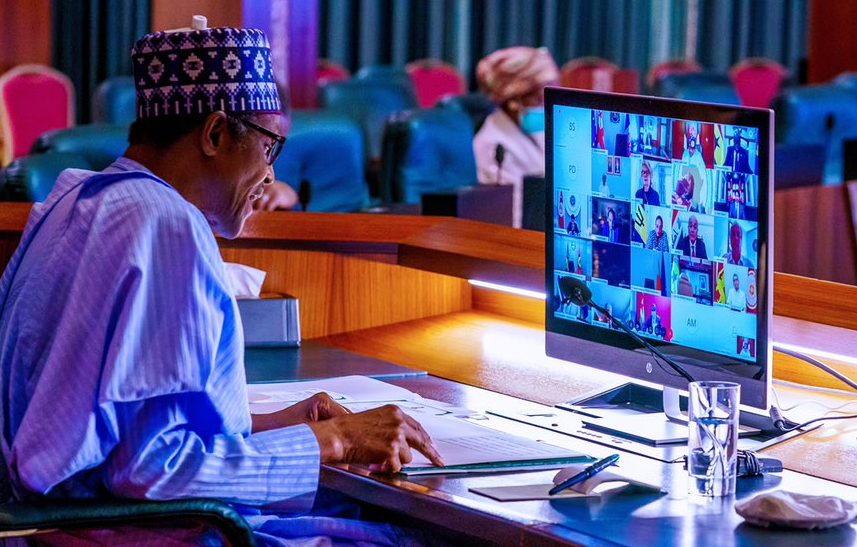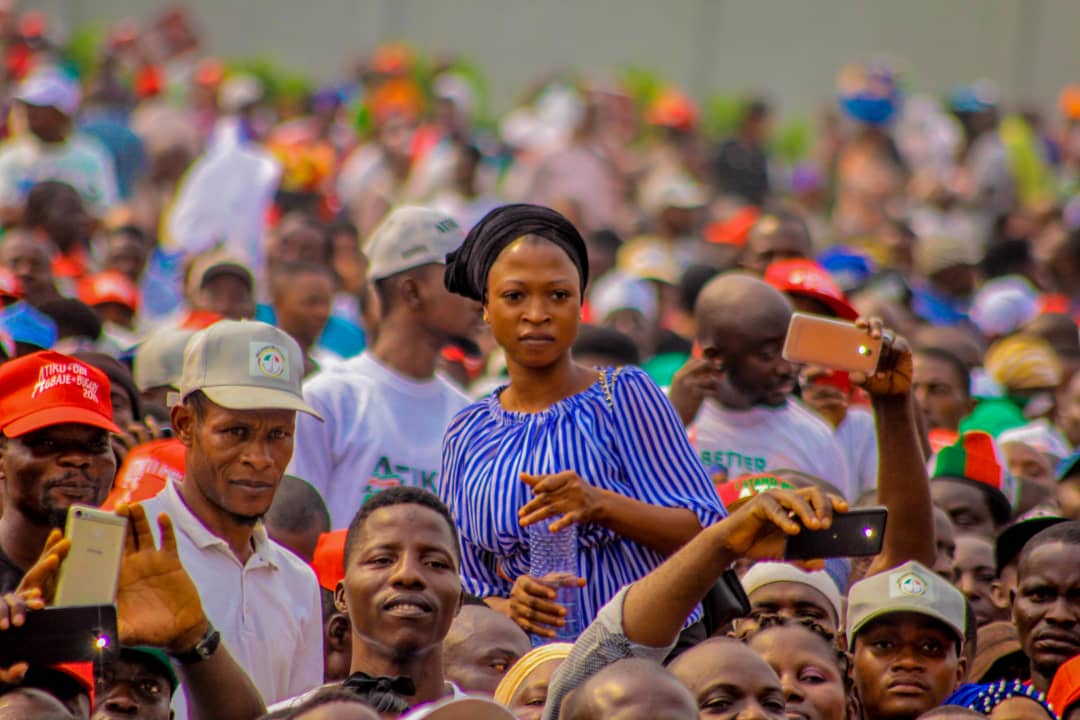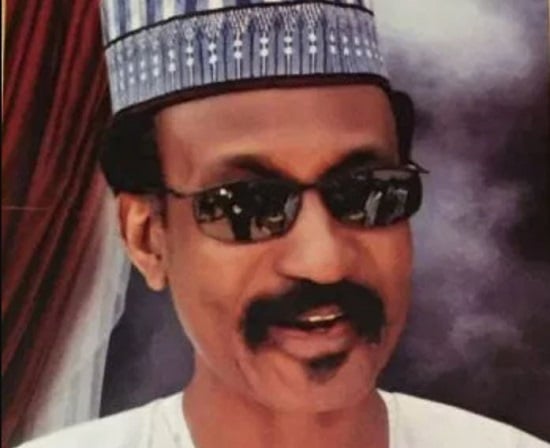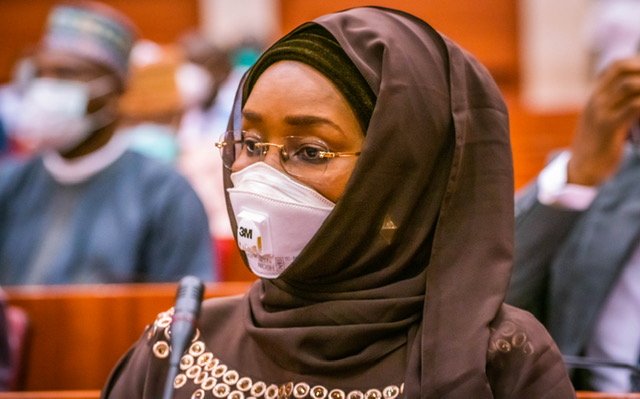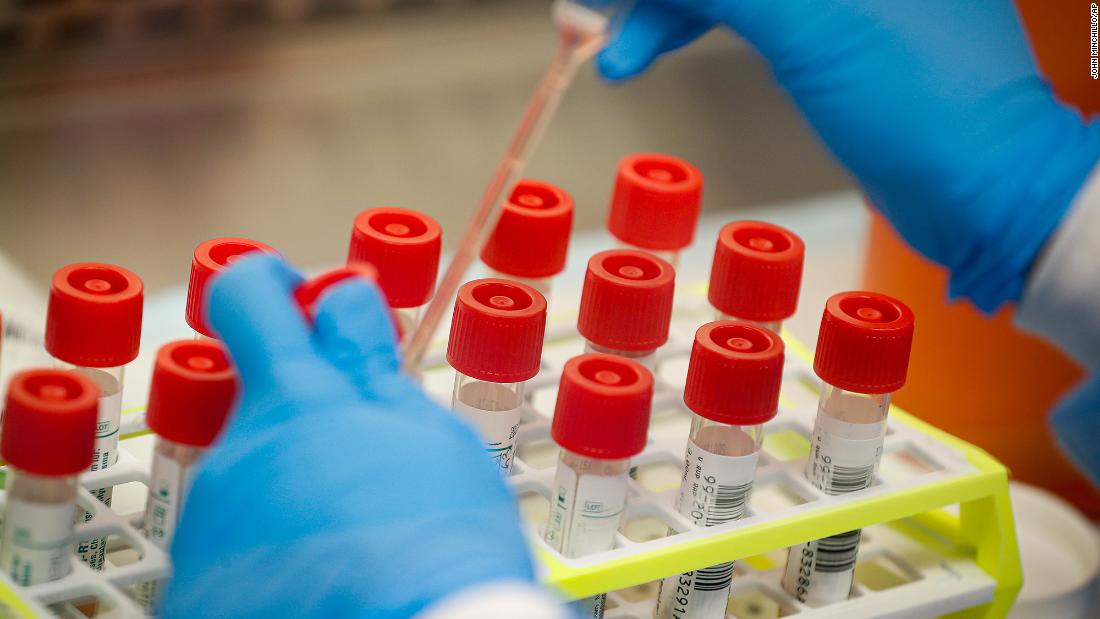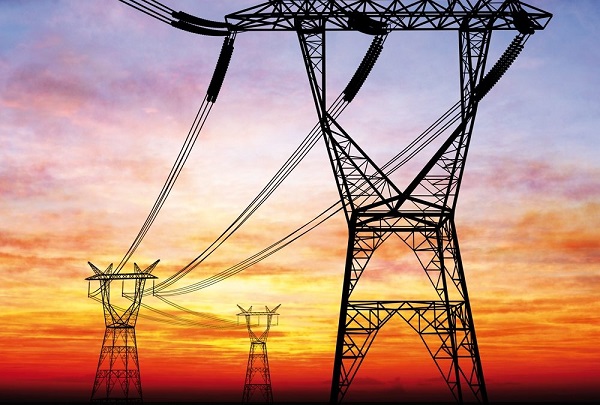The peculiarity of Nigeria’s development challenges is one that cannot be overlooked in its entirety. This pack of multi-dimensional challenges does not seem to end anytime soon and this is not because of its immortality, rather it is our sheer belief that we lack the content, capacity and competence to overcome these challenges. It is this misplaced intuition that leaves us waiting for some magical solution from foreigners instead of a thorough inward search for the help we seek. However, with recent developments around the world including the nascent COVID-19, it appears we are coming to terms with the stark reality that within us lies whatever it takes to solve our problems if only we exert the appropriate willpower with a collective zeal to fix issues. How do I know this? A few instances will drive home my point.
Flashback to about two decades ago. If anyone remembers the dawn of the GSM era in Nigeria, you can tell how telephones were then considered the exclusive preserve of a selected niche: the elite. According to the then communications minister, David Mark, mobile phones were not essential items for communication but luxury meant for those who can afford it. With a populace of approximately 122 million persons in the year 2000, one could barely number up to 600,000 telephone lines in the country. It took some courage and determination by President Obasanjo and his team to confront our reality and take us to the then-future. Telecommunications was deregulated, market rules set and enforced, and the result is a minimum of about 198 million GSM lines across the country by the year 2019. Telephone is no longer a luxury but a way of life to the people regardless of their status or class. The whole GSM technology was not developed in or by Nigeria, we only embraced what others had been using which we turned a blind eye to. We literally reversed what was once thought to be irreversible.
Fast forward to the era of regulated pricing regime. For many years, the Labour movement represented by Nigeria Labour Congress and Trade Union Congress (TUC), the bureaucracy, and a section of the elite class amongst others, had maintained that it was not possible to deregulate petroleum products supply. Their main reason for opposition was the fear that deregulation will make prices of petroleum products beyond the reach of the ordinary man on the street. Recently , with the downstream petroleum sector completely deregulated, the country will make billions if not trillions of naira in savings, and with COVID-19 and the crash in global crude oil price, it appears this shift that received stiff resistance in the past, we confronted it on a permanent basis. But we did not do anything extraordinary, we allowed the market do the work. We set the rules, enforced same and demonstrated willpower. What was also believed to be irreversible got reversed and the country did not come crashing.
Only recently, the beam is fixed on the umpire and authorities of our electoral processes, INEC. For many years, Nigerians have been clamouring for free, fair, transparent, convenient and credible elections. There is no doubt it will spare Nigerians the agony of violence, thuggery, robbery, fraud, manipulation that has characterized elections in Nigeria. Many knowledgeable persons point to electronic voting as the panacea for electoral fraud and electoral violence. However INEC had hitherto enlisted so many reasons why it was not achievable, some of which are laughable. The reasons range from lack of legal framework, cyber security issues, electricity, cost of technology devices, to low level of education by the electorate. From 2017, INEC has put in place building blocks for e-voting without having the courage to progress to proper electronic voting and collations. Building blocks such as direct capture machines which enable them produce e-Register of voters and smart card readers are in place.
Advertisement
Surprisingly, with COVID-19 ravaging the world, and EDO and ONDO States’ elections starring us in the face, INEC says it can reverse the irreversible.. In a statement in a recent policy document endorsed by INEC Chairman, Prof. Mahmood Yakubu, titled “Policy on Conducting Elections in the Context of the COVID-19 Pandemic”, INEC recognised the “critical role that ICT will play in an electoral process that is being vastly reshaped by the COVID-19 pandemic, as well as the growing demands by Nigerians for the deepening of the use of technology in our elections”. According to its new guidelines, the election umpire plans to pilot the use of electronic voting machines at the earliest possible time, with a focus to fully introduce electronic voting in major elections starting from 2021. It will pilot trial sessions of e-voting after the governorship elections scheduled for the last quarter of the year in the two States. This is a fundamental shift in position and a positive one at that. INEC is set to reverse what was once considered irreversible.
In the Agriculture sector, we once said that Nigerian farmers did not have capacity to grow rice that will feed the whole country with our massive population. This is despite the fact that we have the third most arable land in Africa and a huge population which translates to both labour force and a large market. We were importing about 2.2m Metric tonnes of rice by 2018 making us the third highest importer in the world, behind China (4.5m MT) and Philippines (2.3m MT). Today, Nigeria is on her way to self-sufficiency on rice. We did not discover a new technology for growing rice neither did we do anything extraordinary. We simply showed willpower, put in place appropriate policy intervention which created the right incentives and allowed market forces go to work.
Consider another example where people thought Digital learning was impossible or we were not ripe to learn without a teacher physically present but now we attend classes from the confines of our conveniences. Digital learning is fast becoming a new way of life. The effect is a tendency to carry out more research, after all, people are resorting to online research for new digital learning techniques and materials to respond to their study requirements.
Advertisement
At the Corporate level, Managers and business owners thought its either you are at the office or you’re not working. In fact, it was as if you were not their employee unless you are physically present . But in the face of the present predicament, they now understand that physical presence is not really a barrier to employees’ productivity but the inability to apply diverse motivators to elicit the expected output from them. Today, the lifeblood of most businesses remains their shift to online activities. What is likely in the coming days as the economy opens up to activities is that less SMEs will consider operating under bricks and mortar especially for cost savings.
It appears that to have 24 hours/7 days electricity in Nigeria is rocket science. We all know that reliable, constant and affordable power is at the very foundation of economic development. It also plays a fair role in the high rate of unemployment, insecurity, low quality of education, poor health care amongst others. Nigeria Electricity Regulatory Commission statistics say our installed capacity is 12,500MW while California in the USA has installed capacity of 80,000MW. Our output fluctuates between 3,500MW and 5,000MW at best. In 2013/2014, the government in her quest to solve the power problem, privatized part of the power sector in what is considered one of the most ambitious privatization exercises in global power industry with a transaction cost of over 3bn USD. The privatization exercise was based on two critical assumptions that will lead to radical improvement of power delivery; the first is private sector money, efficiency and effectiveness and the second is mutual respect for integrity of contracts, rules and regulations by all parties.
Six years onwards, it is obvious that both the private investors, regulatory authorities and government did not keep to their various sides of the bargain. The issues being canvased as cause of failure to deliver electricity is actually symptoms of the failure of all parties to respect the two fundamental pillars of the privatization exercise. Today, there is a consensus that the power generation is characterized by obsolete infrastructure with no substantial new investment, financial constraint due to low payments from distribution companies, technical and commercial losses in transmission and distribution, poorly diversified power generation, and poor regulatory regime. For transmission, infrastructure challenge and lack of investment to upgrade infrastructure and inefficient grid, design and operation are key issues. Distribution is affected by demand and supply misalignment, theft and poor tariff structure, billing system, infrastructure amongst others.
All of these challenges can be linked to lack of respect for rules and contracts which has affected how the market works and exchange of energy for revenue. The sum total, is we do not have stable electricity. Is the issue of electricity irreversible? I do not think so. The technology is there, we can also generate electricity from different sources, the funds are available in many places including the 10 to11 Trillion Naira pension fund which can be channelled into power and human expertise is abundant. Like similar cases, all we need is the will power, determination and cooperation by all stakeholders to reverse this seemingly irreversible situation.
Advertisement
The challenge for us as a country is not lack of resources to overcome our challenges but our refusal to use our human and material endowments to solve our problems. We may not have arrived but one thing is clear, confronted with a Herculean challenge and backed by the right vision, willpower and determination, there is no challenge we cannot confront as a nation. If Telecommunications can be made to work, deregulation can be implemented and INEC is determined to pursue e-voting, why can’t we reverse this perpetual darkness that has taken away our dignity and reduced us to second class global citizens. If we, as leaders, do not make serious effort to reverse this embarrassing situation then the whole issue about development of our country will remain a mirage as we are not aware of any country that developed on the back of darkness. The far reaching implication is that the people , out of frustration will confront those who made change impossible and it will be too late to achieve an orderly and systematic reversal.
Views expressed by contributors are strictly personal and not of TheCable.

